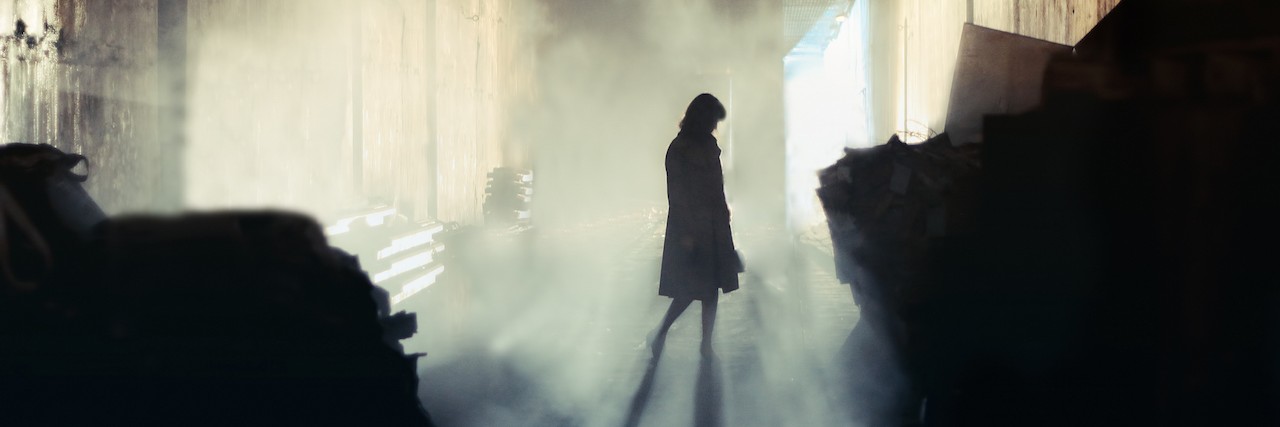Nearly one year ago, in August of 2015, I left home, and my year bedridden by chronic illness, for grad school. I wanted to learn to be a peace-builder within communities like mine, torn by racial strife, economic inequality, and a history of poverty. After months of tests and hospitalizations for postural orthostatic tachycardia syndrome and kidney disease, I thought this was the one calling it was worth getting better for. The hope of spending my life working for positive change kept me going.
Fast forward to the first day of classes, where I arrived in Harrisonburg, Virginia, with a kaleidoscope of nervy emotions coursing through my tired body. I thought, I’ve made it.
Over that fall semester, I met some of the most beautiful and giving souls — from places like Sudan, Jordan and the mountains of Virginia — that I have ever known. However, at all the home-cooked community potlucks, I could never focus on the bright faces and generous hands with whom I shared those meals. Rather, there was something else gnawing at me, hard and unrelenting.
Beneath my chronic-illness-patient exterior, I was suffering from a raging eating disorder.
My fundamental mistake, that I remember knowing consciously one afternoon before I returned home sicker than ever, was thinking that my eating disorder could coexist with my desire to do peace-building work. It couldn’t. In fact, it was eating me up, even as I was eating at the table with my remarkable, resilient friends. Sometimes, while talking and smiling, I would think, If I don’t get help for this, I will die.
I knew the hungry secret I bore (which was something of a public secret due to my emaciated body) would become my undoing. Was I simply not ready for grad school after illness? I don’t think so. However, I was absolutely not ready to give up the dark core of my eating disorder — the most secret and tenacious part of my personality — in order to gain health, hope, change and a chance at life.
It took me returning home desperately ill to get real with myself, find a treatment program, and start to heal. I’m recovering now, but putting off that choice has cost me. I’m still studying online, but my work is moving slower. I’m missing out on time spent with peace-loving friends.
As I write this, it’s my first time announcing my struggle with ED to the world. At this moment, as at many others, I feel intense loss and shame.
However, I now live by the following mantra that my very patient therapist, E, has taught me (it applies to all of life as well as eating disorders). E says that one of the best antidotes, or responses, to shame — your own or someone else’s — is compassion. Through the arduous recovery process, I’ve learned the truth and value of that attitude.
I used to think I could keep my eating disorder as my own pain. But it’s a pain, like most others, that transcends me — and only by attending to that fact could I release its hold on me. Only by sharing my struggle with the closest people in my life, by showing myself compassion and receiving theirs, could I begin to transform.
I think that what every transformation requires is a thoroughgoing, unflinching honesty with yourself — a willingness to sit with personal experience and pain, to hear voices of love in your community that are often clearer than your own.
We humans are complex beings living complex lives, but our fundamental needs are simple and the same. We need physical sustenance and shelter, our human rights, belonging, and love. We need each other. In an ironic twist, it has taken a layered network of loved ones, professionals, and communities to rework my life of ED shame into a life of compassionate strength.
Recovery, for me, works by the same process as peace-building — in the words of Howard Zehr, “changing our lenses” from shame to compassion, from hurt to love. And remember: No matter what you struggle with, you don’t have to go it alone.

